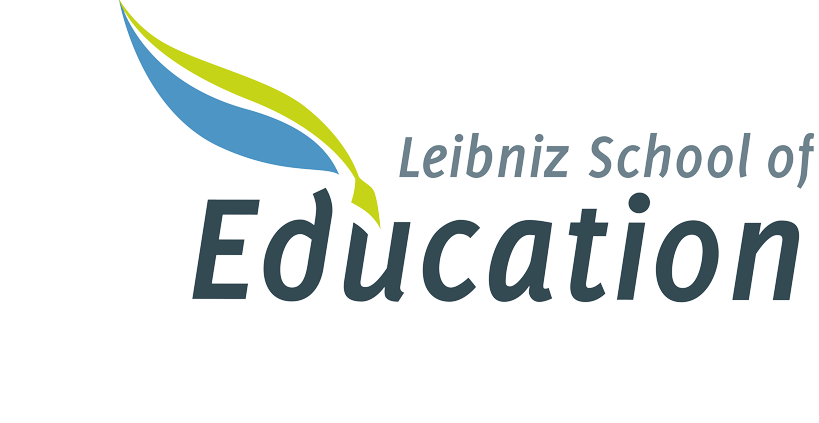Lower Saxony has a lively ESD scene - both in and out of school.
The Ministry of Education and Cultural Affairs has been promoting the implementation of Education for Sustainable Development (ESD) for many years within the framework of school pilot projects, the establishment of extracurricular learning sites, and the provision of advice and further training for school actors.
Since 01.06.2021, the decree "Education for Sustainable Development (ESD) at general and vocational schools as well as independent schools" has come into force in Lower Saxony. Thus, ESD was defined as a binding component of the core curricula and an essential task of school development processes.
The ESD decree explicitly calls for the systemic transformation of schools in the sense of a whole-system approach, with the aim of turning schools into living places of sustainability and change, with effects in the school environment and vice versa. The decree, which in places reads like a "call for a school revolution," attempts to consistently align the educational mission and pedagogical orientation of schools with the challenges of the future. Even though it competes with other demands placed on schools, it gives all schools a broad political framework for action to move courageously toward a new learning culture. By appointing an ESD representative teacher at each school, a broad network of multipliers and contact persons is created. A core message for the implementation of the decree is that ESD does not have to be an add-on topic with additional effort, but, with a consistent ESD profiling, can also lead to the relief of teachers . Compared to other states, Lower Saxony has the most far-reaching and profound policy on ESD in the formal school system - as long as the decree is also implemented. In order for this to succeed, a qualification on ESD must already take place in teacher training - with reference to the subject-specific implementation, but also the pedagogical attitude and the co-design of school development processes.
In the meantime, more than 60 recognized extracurricular learning sites for ESD in Lower Saxony enable learners to engage with sustainability topics in a practical, sensory, experiential and local way within the framework of excursions, guided tours, exhibitions or workshops.
With the pilot project “Network Future School”, the Ministry of Education and Cultural Affairs and the Lower Saxony State Institute for School Quality Development (NLQ) support 100 schools in their sustainable and democratic school development processes, accompanied by 'Schule im Aufbruch'
Through the Association of Lower Saxony Educational Initiatives (VNB), the networking, knowledge exchange and cooperation of educational actors in Lower Saxony with educational actors and activists in other countries, especially in the Global South, is promoted within the framework of Learn2Change - Global Network of Educational Activists.
The platform Globo:Log provides an overview of offers, materials and trainings of Global Learning / ESD in Lower Saxony and Bremen. Here, for example, schools can find a rich offer of extracurricular cooperation partners.
The Global Learning Office of the Association of Development Policy of Lower Saxony offers materials and trainings on Global Learning and suggestions for the cooperation of schools and extracurricular actors on One World issues.

![[Translate to English:] ALOs in Niedersachsen](https://www.lse.uni-hannover.de/fileadmin/lehrerbildung/Fotos/Teaching_Change/ALOs_BNE_Nds.png)

